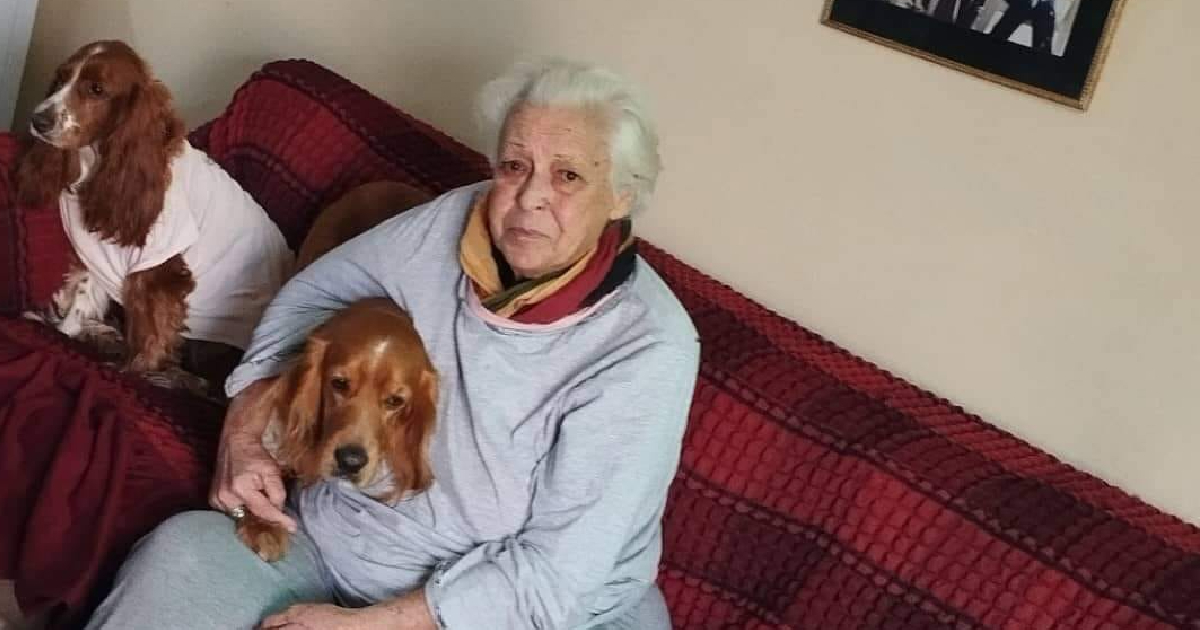
The pioneer of independent journalism in Cuba Tania Díaz Castro, died in Havana, this Sunday, February 4, at the age of 84, as confirmed by her neighbor and also communicator Frank Correa.
The news of the death has been replicated by several independent Cuban media that have highlighted this communicator, born on April 30, 1939, in Camajuaní, Villa Clara, her dedication to activism in defense of the freedom of Cuba.
Tania had not graduated in journalism, although she dedicated 60 years of her life to this work, in newspapers such as Today and the publications The afternoon and Bohemia, in addition to the digital portal Cubanet, with which she was linked for 20 years.
"I studied six months at the University of Havana and abandoned it to dedicate myself to practice, therefore I am self-taught," he described to his readers in the presentation of his blog personal.
Tania was a member of the Cuban Committee for Human Rights and founded the Party for Human Rights in 1988, according to Martí News.
Her awakening in Cuban dissidence was thanks to a trip she made to Japan in 1972, due to her marriage to a national of that country. “There I discovered that socialism and especially communism are a failure. In 1987 I joined the Human Rights Movement and was president of the Party of that organization, by signing a manuscript that asked for a plebiscite to Fidel Castro, for which I was imprisoned on two occasions, and was threatened with execution if I continued in the same ", said.
The first round table of dissidents and human rights activists, held on the island on February 5, 1988, was held at his home in Havana. "Tania Díaz Castro put the culmination of what was later called "Colloquium in Havana" with some beautiful verses of love for a political prisoner," wrote journalist Rolando Cartaya in an article that recalls the meeting on the occasion of its 30th anniversary.
During his last year of life The Casa Palanca project started a fundraising campaign so that the pioneer of independent journalism in Cuba would have a dignified old age.
This initiative, created as a space to help women linked to independent journalism in Cuba, planned to raise just over 2,000 euros to satisfy the most immediate needs of this professional.
The independent journalist, Boris González Arenas, wrote in his profile on Facebook: “On January 28, I saw this photo of Tania Díaz Castro published on her Facebook profile. I thought that activity was a good sign, today I found out that he died and it seems to me then that that photo was a farewell.”
González Arenas wished her a peaceful rest, while saying that her existence “as a woman of high civility and a magnificent journalist” will never be forgotten.
What do you think?
COMMENTFiled in: